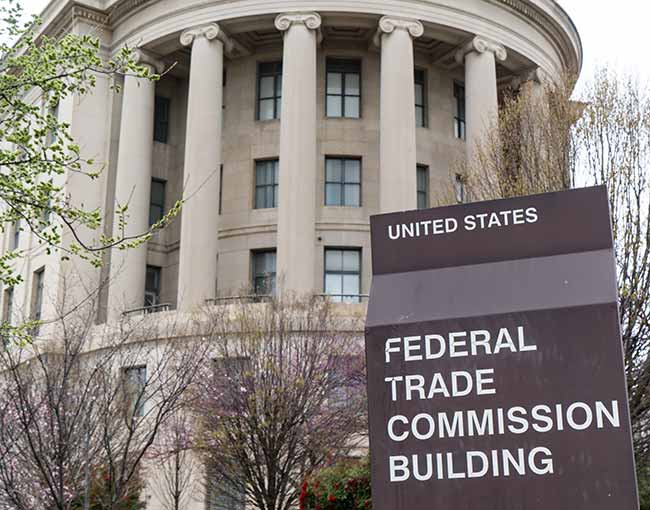(This post wraps up our three-part series on COPPA. Part one: “Sorry, tweens: No sweepstakes or contests until you’re 13.” Part two: “FTC strengthens law protecting children’s personal information.”)
The Federal Trade Commission released its long-awaited amendments to the Children’s Online Privacy Protection Act (COPPA) rules on Dec. 19, 2012. Anyone who creates or reviews sweepstakes and contests involving children should be aware of these changes.
One of the FTC’s primary responsibilities is to protect consumers from inadvertently disclosing confidential personal information to third parties. When the consumers are under the age of 13, the Commission is charged by COPPA to implement more stringent requirements to protect these under age consumers.
In 2010, the FTC launched a review of the COPPA rules to make certain that the law continued to be effective in protecting children, despite the tremendous expansion of technology that enables many very young children to access Internet sites that could not have been contemplated when COPPA was enacted in 1998.
Last year the FTC culled through more than 200 comments from industry representatives, advocacy groups, academics, technologists, and individual members of the public, and issued a number of recommendations. Last month’s rule changes follow some of those recommendations and depart from others.
Among the most important changes that will effect sweepstakes and contests are the following:
- Child-directed Internet sites that incorporate outside services — such as plug-ins and advertising networks — that collect personal information from visitors are now included as “operators” under COPPA. (As we’ve covered previously, operators must follow a number of requirements related to the collection of children’s personal information.)
- Similarly, web sites that use plug-ins or advertising networks that have actual knowledge that they collect personal information are included in the definition of a website “directed to children.”
- The definition of “personal information” now includes geo-location information as well as photos, videos, and audio recordings that contain the child’s image or voice.
- Parental consent can now be obtained by electronic scans of signed parental consent forms, videoconferencing, government-issued identification, and debit cards or other electronic systems.
- “Consent plus” is still an acceptable consent mechanism for operators who collect personal information only for their internal use.
Every person who works with sweepstakes or contests that may involve children under the age of 13 should familiarize themselves with the revisions to the COPPA rules made by FTC in this latest set of amendments.
This post was written by retired Thompson Coburn partner Dale Joerling. If you have any questions about the topics discussed in this post, please contact Thompson Coburn partner Hap Burke.




